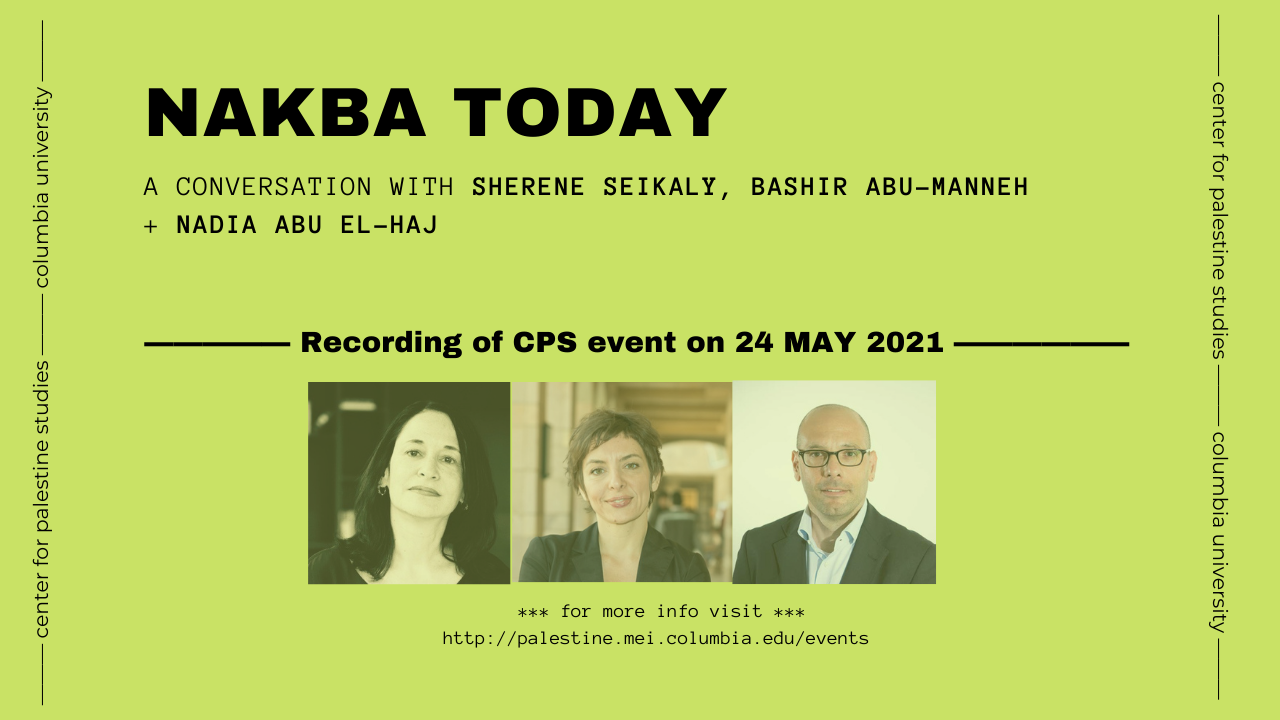Join Pangea World Theater on 10 June 2021 for an interdisciplinary conversation about history, theater and cultural resistance, as we discuss the urgent work of decolonizing knowledge and culture in the face of centuries of violence and erasure. This conversation will be streamed on Facebook live and will feature Rashid Khalidi, Meena Natarajan, and Ismail Khalidi.
Rashid Khalidi is the Edward Said Professor of Modern Arab Studies at the University of Columbia. He is author of eight books on the history of the Middle East, most recently, the New York Times Best-Selling The Hundred Years' War on Palestine: A History of Settler Colonialism and Resistance, 1917- 2017. His other books include Resurrecting Empire: Western Footprints and America's Perilous Path in the Middle East and Palestinian Identity: The Construction of Modern National Consciousness. He is editor of the Journal of Palestine Studies and was President of the Middle East Studies Association, as well as an advisor to the Palestinian delegation to the Madrid and Washington Arab-Israeli peace negotiations from October 1991 until June 1993.
Ismail Khalidi is a playwright, director and contributor to the Center for Palestine Studies’ theater program CPS Stage. plays include Truth Serum Blues (Pangea World Theater ‘05), Tennis in Nablus (Alliance Theatre ‘10), Foot (Teatro Amal ‘16), Sabra Falling (Pangea ‘17), and Dead Are My People (Noor Theatre ‘18). He also co-adapted two novels for the stagel Ghassan Kanafani’s Returning to Haifa (Finborough Theatre ‘18) and Sinan Antoon’s The Corpse Washer (Actors Theatre of Louisville ‘19). Khalidi’s work has been included in numerous anthologies and he co-edited Inside/Outside: Six Plays from Palestine and the Diaspora (TCG ‘15). His writing has been featured in American Theatre Magazine, The Kenyon Review, The Nation, Mizna, Guernica, Al Jazeera, The Dramatist, and ReMezcla. Khalidi holds an MFA from NYU’s Tisch School of the Arts.
Meena Natarajan is a playwright and director and the Executive and Artistic Director of Pangea World Theater, a progressive, international ensemble space that creates at the intersection of art, equity and social justice. She has led the theater’s growth since it’s founding in 1995. Meena has co-curated and designed many of Pangea World Theater’s professional and community based programs. She has written at least ten full-length works for Pangea, ranging from adaptations of poetry and mythology to original works dealing with war, spirituality, personal and collective memory. Meena leads ensemble-based processes in Pangea that lead to works produced for the stage. She has also directed and dramaturged several original theater and performance art pieces. She is currently on the board of the Consortium of Asian American Theaters and Artists and is a National Theater Project Advisor at New England Foundation for the Arts. She was on the Advisory Committee of the Community Arts Network, was on the founding board of the Network of Ensemble Theaters and was the president of Women’s Playwrights International between 2000-2003. She has been awarded grants from the Theatre Communications Group, Playwrights Center and the Minnesota State Arts Board. She was recently awarded the Visionary Award for mid-career leaders from the Minnesota Council of Nonprofits.


